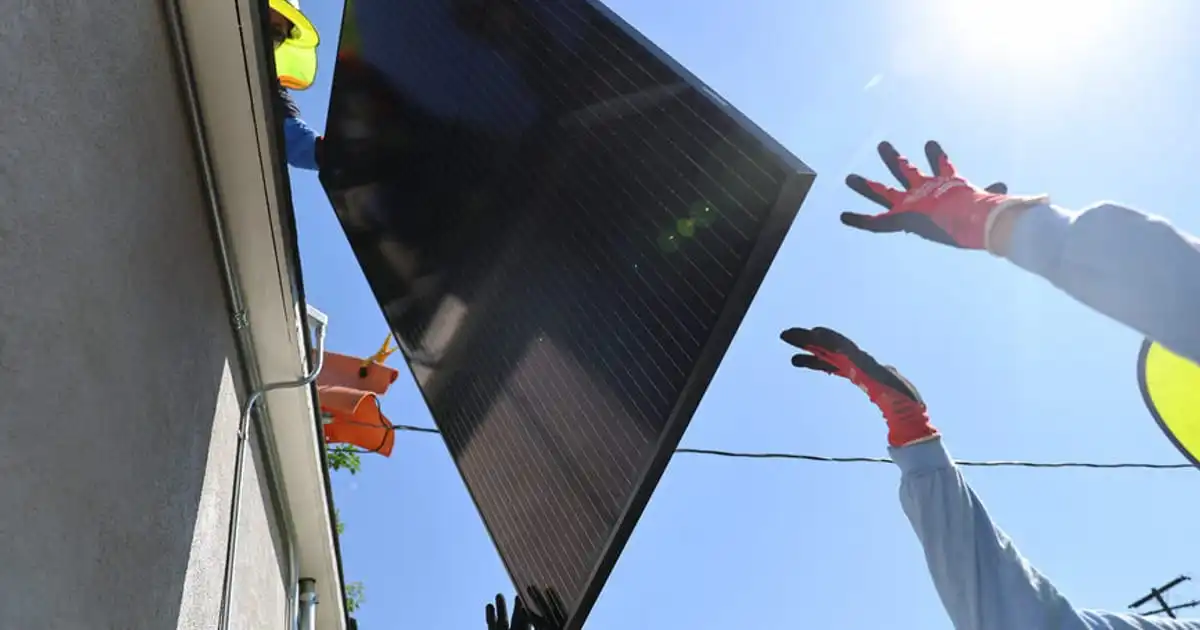In Norway many homes have heat pumps & are well insulated, in the UK most homes don’t & aren’t ( governments policies make a difference)
There must be more than 50% of houses in the county l live in, in the UK, that are poorly insulated buildings with friggin fire places or wood burners for heating (inadequate governance)
AI Summary (TLDR This): The context discusses the severe decline in California’s rooftop solar market after regulators slashed compensation for solar power exported to the grid. Data shows residential solar installations dropped 77-85% and utility connections fell 66-83% since the policy change in April 2022. Solar companies are laying off thousands of workers, with an estimated 17,000 clean energy jobs expected to be lost by the end of 2023. This is undermining California’s climate goals as distributed solar has been a major source of clean energy growth. Critics argue the policy unfairly shifts costs onto non-solar customers while advocates say it disproportionately impacts lower-income communities. A lawsuit is seeking to reverse the decision but its prospects are unclear.
The key policy change was California’s Public Utilities Commission (CPUC) decision in December 2021 to change the state’s net metering policy that had been in place for over two decades.
Previously under net metering, customers installing solar systems were paid the full retail rate for any excess solar power they sent back to the grid. But under the new “net billing tariff” implemented in April 2022, customers only receive a fraction of the retail value for most of the solar power they export.
This has reduced the financial benefits and payback period of installing rooftop solar systems by an estimated 75% on average. It has led to a sharp decline of 77-85% in new rooftop solar installations in California since it took effect, according to data from the California Solar and Storage Association.
So in summary, the CPUC decision to significantly reduce net metering compensation rates for excess solar power exported to the grid is seen as the major policy change that has disrupted the rooftop solar market in California.
Yup. Projected in Oakland.

More recently, Gavin’s cronies in the CPUC also slashed benefits for churches, schools, and farms from installing solar. Horrible. I love running past solar shading school parking lots. Now it is impossible.
Awesome. 🤟
After all the changes the completely captured CPUC has made over the last 2 years, I would definitely NOT get solar today. The incentive is basically completely gone.
Saying this after having installed it 2 years ago.
I really hope they reverse the compensation rate for feeding into the grid. These solar power systems aren’t cheap enough for many homeowners to afford in the first place, especially in Los Angeles.





